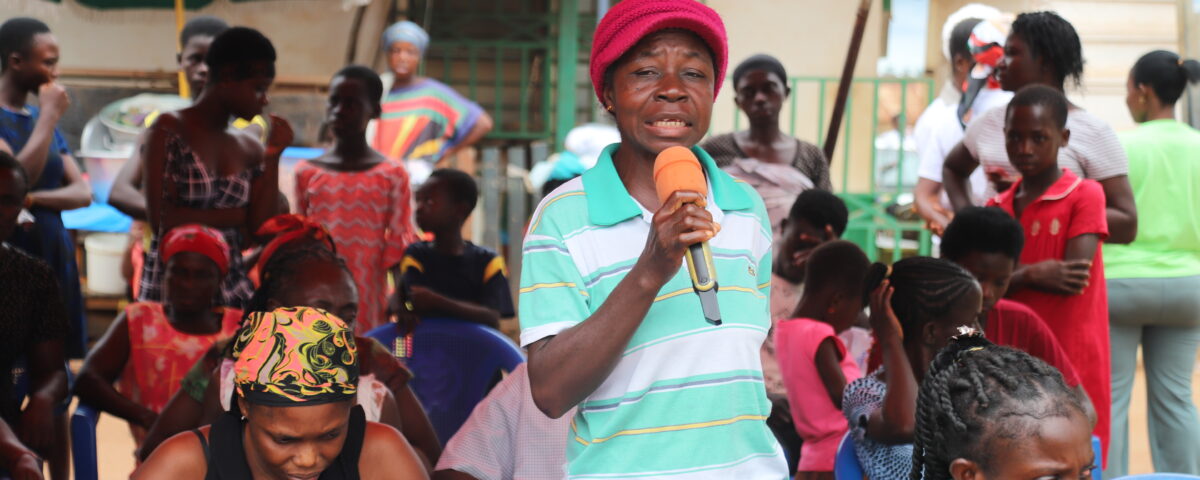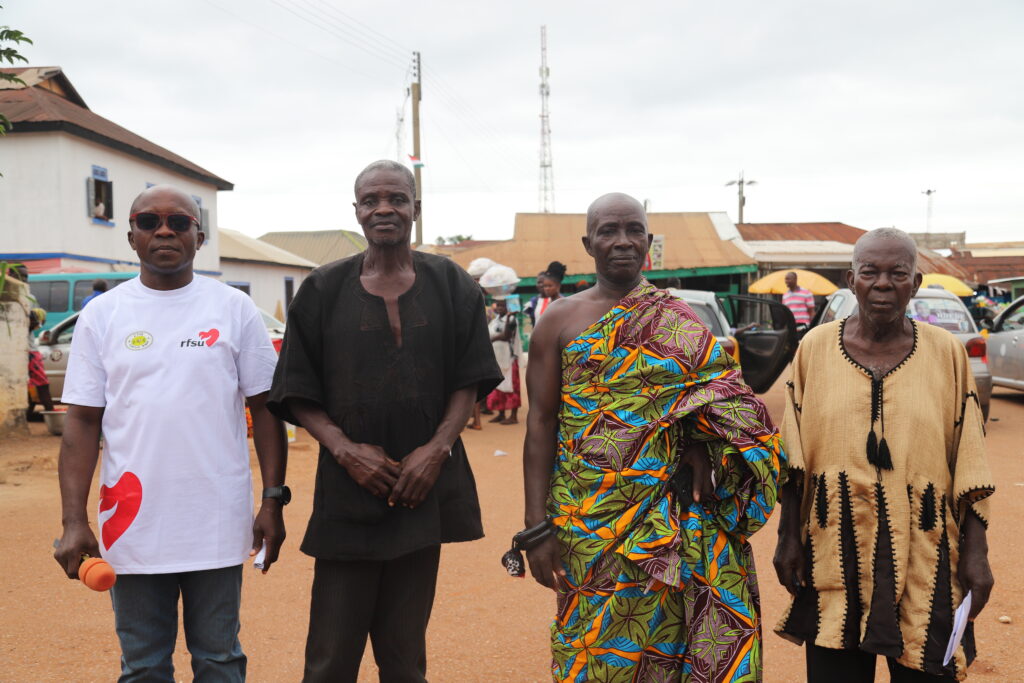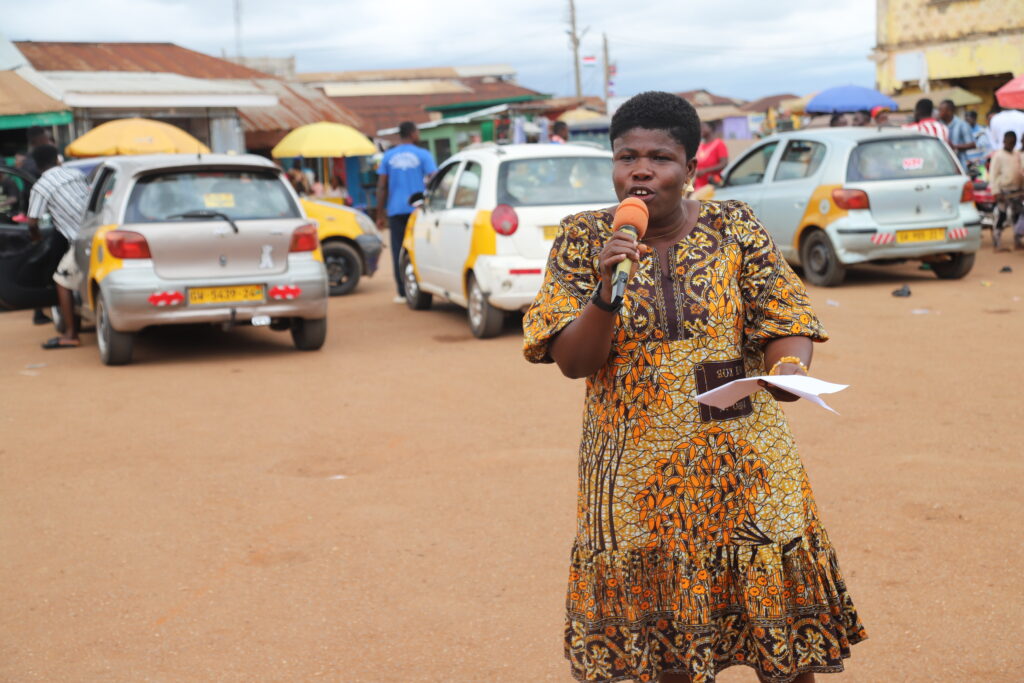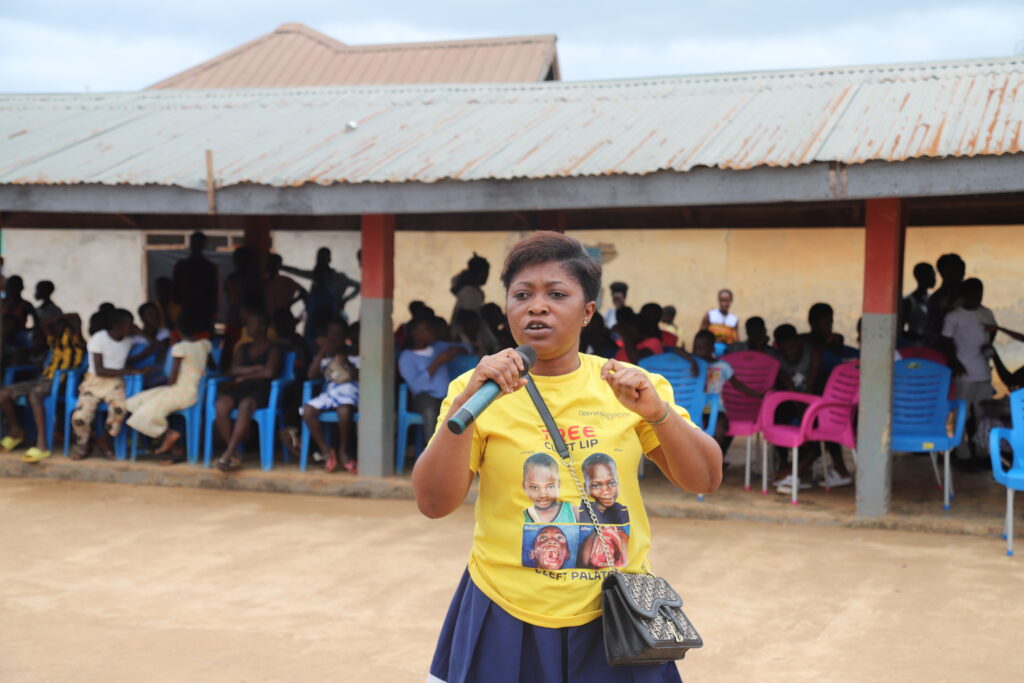Community Efforts in Reducing Teenage Pregnancy and STIs in Asene Manso Akroso District

In a concerted effort to tackle the rising rates of teenage pregnancies and sexually transmitted infections (STIs) in the Asene Manso Akroso District, two community sensitisations were held in Akim Manso and Asuboa. Organized on August 15th and 16th, 2024, these events aimed to educate community members on sexual and reproductive health, focusing on the protection and well-being of adolescents.
The sensitization programs, led by Curious Minds in collaboration with stakeholders from the Ghana Health Service, Department of Social Welfare, and Ghana Education Service, attracted significant attention from local authorities and residents. The Deputy District Coordinating Director, Mr. Carl Sackeyfio, emphasised the need for community involvement in safeguarding adolescent girls from the growing threat of teenage pregnancies. “Teenage pregnancies keep increasing when they are supposed to decrease,” Mr. Sackeyfio remarked. He urged community members to actively participate in the discussions and adopt the best practices shared during the event.

Stella Esaba Addo, a Social Welfare Officer, highlighted the critical role of social protection in preventing teenage pregnancies and improving sexual and reproductive health outcomes. Using visual aids and real-life scenarios, she discussed the vulnerabilities of adolescent girls, stressing the importance of responsible parenting, especially in cases of broken homes. “If parents are determined to ensure the welfare of their children, we can save many girls from teenage pregnancies caused by neglect and financial difficulties,” Ms. Addo noted.

The importance of girl child education was another focal point of the sensitisation programs. Eunice Agyemang, the District Girl Child Coordinator, advocated for prioritising girls’ education as a means to prevent teenage pregnancies and empower young women. She argued that educating girls not only improves their reproductive health but also contributes to sustainable development by fostering informed decision-making and economic empowerment. “Education should be supported because it empowers adolescent girls to reach their full potential and give back to society,” she asserted.
Health professionals from the Ghana Health Service also provided crucial insights into preventing teenage pregnancies and STIs. They educated community members on various contraceptive methods and the importance of safe sex practices. The discussions demystified common myths surrounding contraception and encouraged both young women and men to consider family planning as a shared responsibility. Community members were urged to utilise local health services for regular STI testing and family planning consultations.

The programs concluded with an open discussion where community members voiced their concerns and shared personal experiences regarding teenage pregnancies and STIs. Many expressed a renewed commitment to addressing these issues, stressing the need for collective action and continued education.
Overall, the community sensitization activities in Asene Manso Akroso District proved to be a valuable platform for raising awareness about teenage pregnancies and STIs. With continued efforts and community support, there is hope for significant progress in safeguarding the health and futures of young people in the district.
